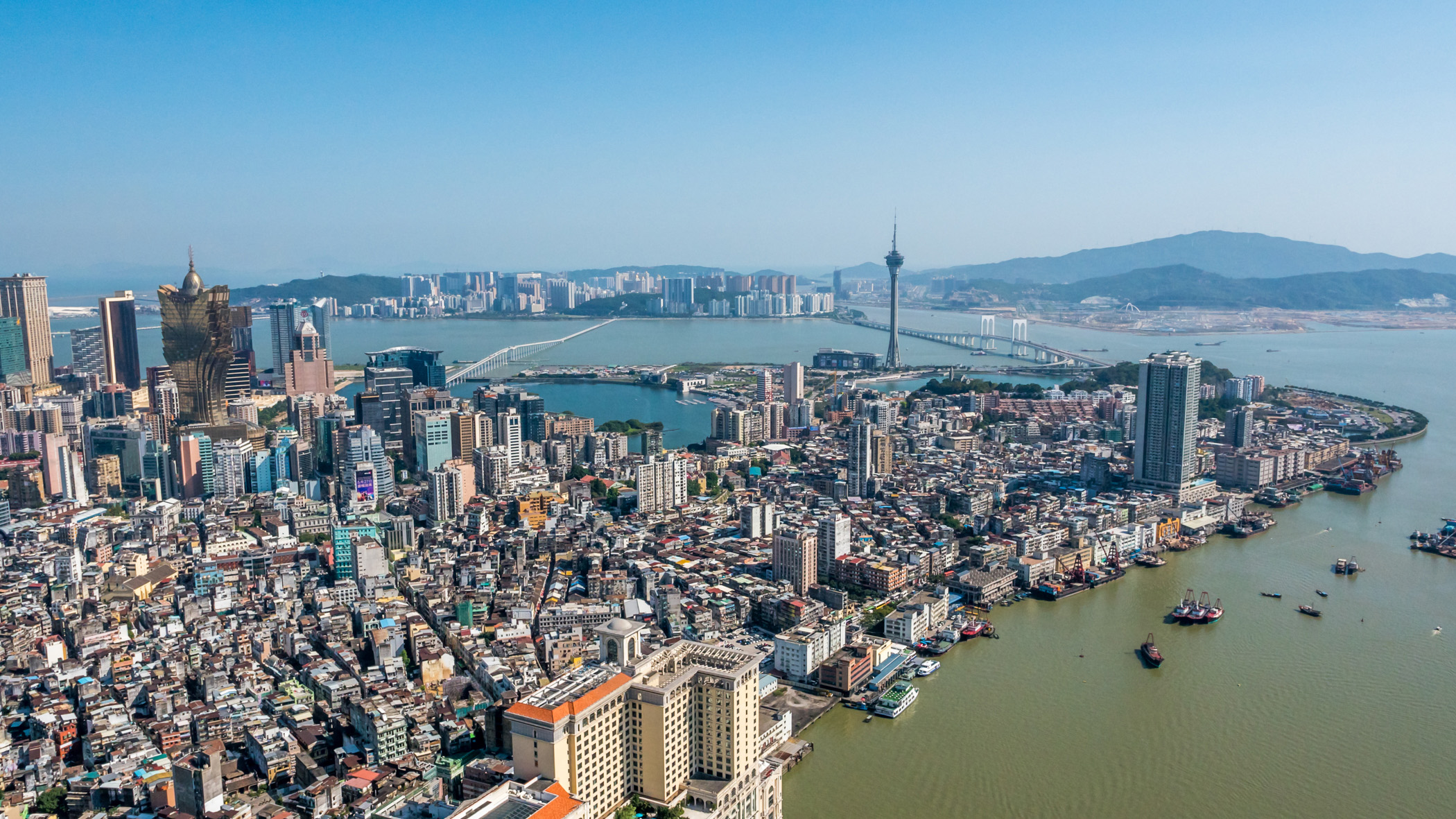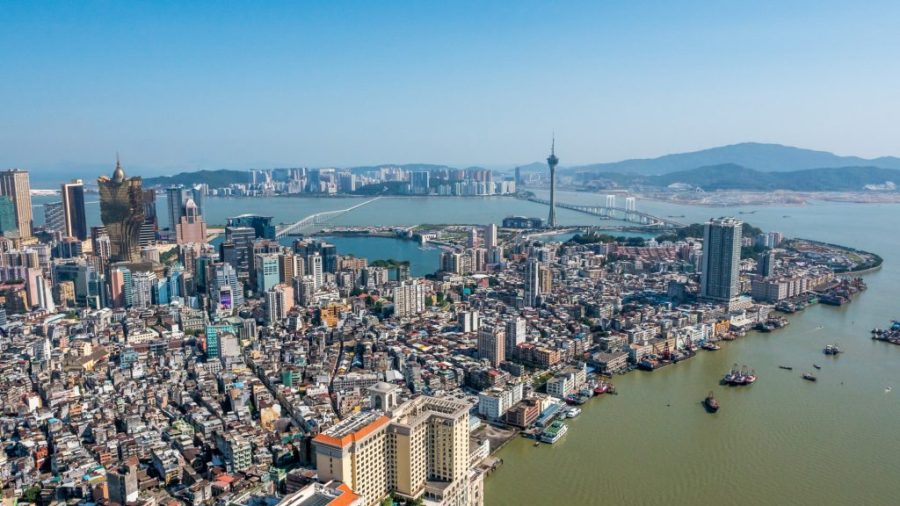The Macau government has strongly rejected the “irresponsible” and “unfounded” comments about Macau in the 2017 Annual Report of the Congressional-Executive Commission on China, released by Congress in Washington, DC, last week.
According to a statement by the Government Spokesperson’s Office on Friday, the government “categorically repudiates” the report. The statement reaffirms that “no foreign country has the right to interfere” in China’s internal affairs.
“Since the return to the motherland, the Macau Special Administrative Region has been strictly implementing the principle of One country, two systems and the Basic Law, making significant achievements in various fields, that have been widely recognized by the international community.”
As in previous reports, the US Congress continued to criticise Macau’s political system, namely the Macau Legislative Assembly Election Law.
The Congressional Executive Commission on China (CECC), an independent agency of the U.S. government found that Macau has made no progress toward building ‘‘an electoral system based on universal and equal suffrage.”
“Macau’s Basic Law does not provide for elections by ‘universal suffrage,’ though its provisions ensure the applicability of the International Covenant on Civil and Political Rights (ICCPR) in Macau and guarantee Macau a ‘high degree of autonomy’ within China,” the report noted.
“During the 2017 reporting year, the Commission did not observe progress (…) in line with the ICCPR, as recommended by the UN Human Rights Committee.”
The U.S. agency further questioned the delegation of authority to the Legislative Assembly Electoral Affairs Commission, a government entity, to determine who may qualify as a candidate to legislature.
The issue stems from a December 2016 revision to the Legislative Assembly electoral law, which now requires all candidates and legislators to swear allegiance to China and the MSAR. It followed an interpretation of Hong Kong’s Basic Law, handed down by mainland authorities, following the oath-taking scandal late last year.
As a consequence, the Electoral Affairs Commission has been empowered to use its discretion in determining a candidate’s eligibility, partially on the basis of whether it believes an oath was taken sincerely.
The CCEC also highlighted a deteriorating situation over the admittance of Hong Kong journalists, lawmakers and political activists in 2017.
“Macau’s Internal Security Framework Law allows authorities to refuse entry to non-residents ‘considered inadmissible or who constitute a threat to the stability of internal security,’ but does not define inadmissibility or what would pose a threat to Macau’s security,” the report read.






